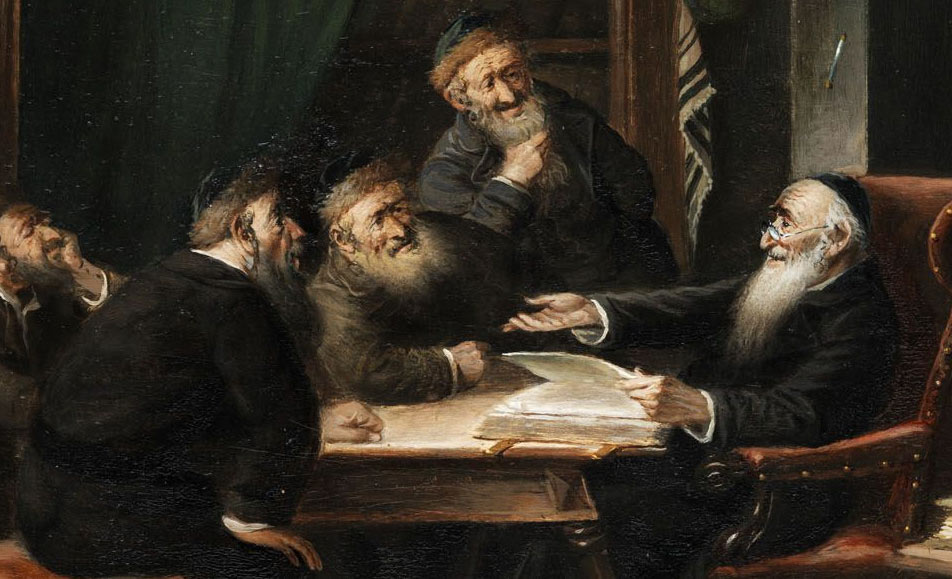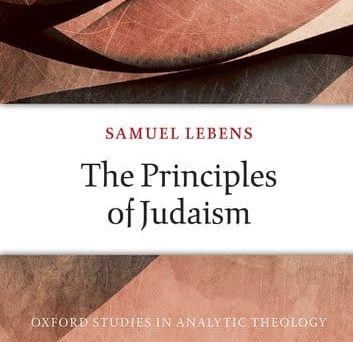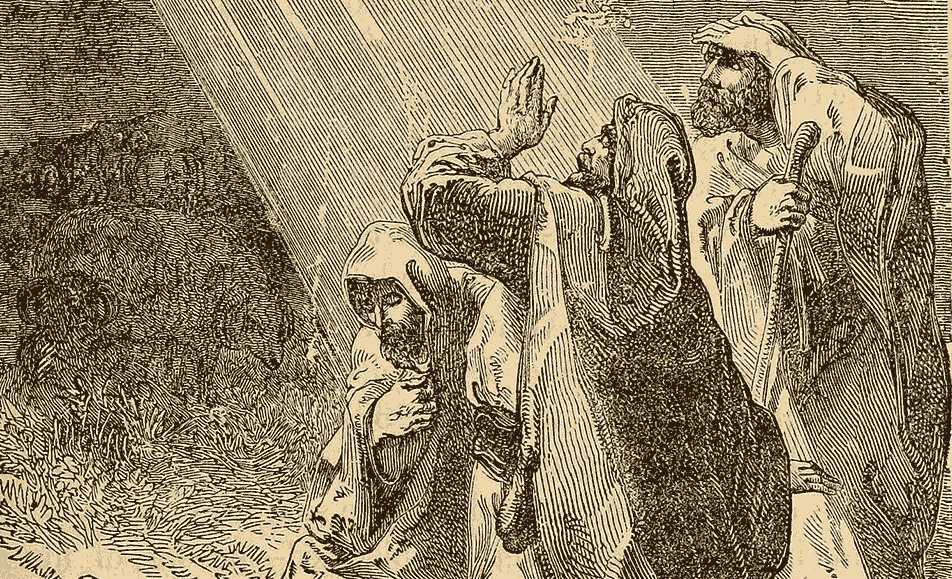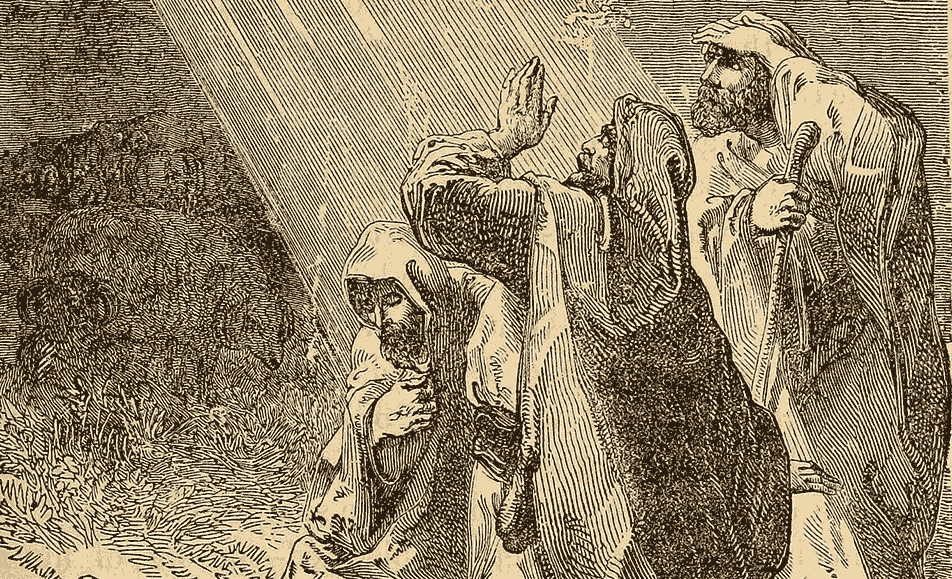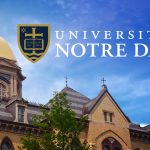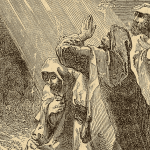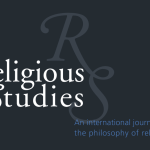As part of the John Templeton Foundation-sponsored project entitled “Worship: A Jewish Philosophical Investigation,” the workshop Worship and the Human will take place (hybridly) at the Hebrew University of Jerusalem on July 19-21, 2021. For a full schedule, see here....
The APJ is delighted to announce that our annual group session will be held at the Central Division of the American Philosophical Association on Wednesday, February 23th, 2022 at the Palmer House Hilton Hotel in Chicago, IL. This year’s session...
The APJ will be holding a symposium on The Principles of Judaism (OUP, 2020) by Samuel Lebens on 23–27 October 2022. The symposium will be held on this page. For comments on Chapter 1 by Filippo Casati (Lehigh University), please click...
The APJ is delighted to announce that our annual group session will be held at the Central Division of the American Philosophical Association on Wednesday, February 22nd, 2023 at the Hilton Denver City Center, Denver, CO. This year’s session will...
The APJ is delighted to announce that our annual group session will be held at the Eastern Division of the American Philosophical Association on Tuesday evening, January 16, 2024, 7-10 pm at the Sheraton, New York Times Square. This year’s...
The APJ is delighted to announce that our annual group session for 2025 will be held at the Eastern Division of the American Philosophical Association in New York City at the Sheraton Times Square on Wednesday, January 8, from 7:00...


